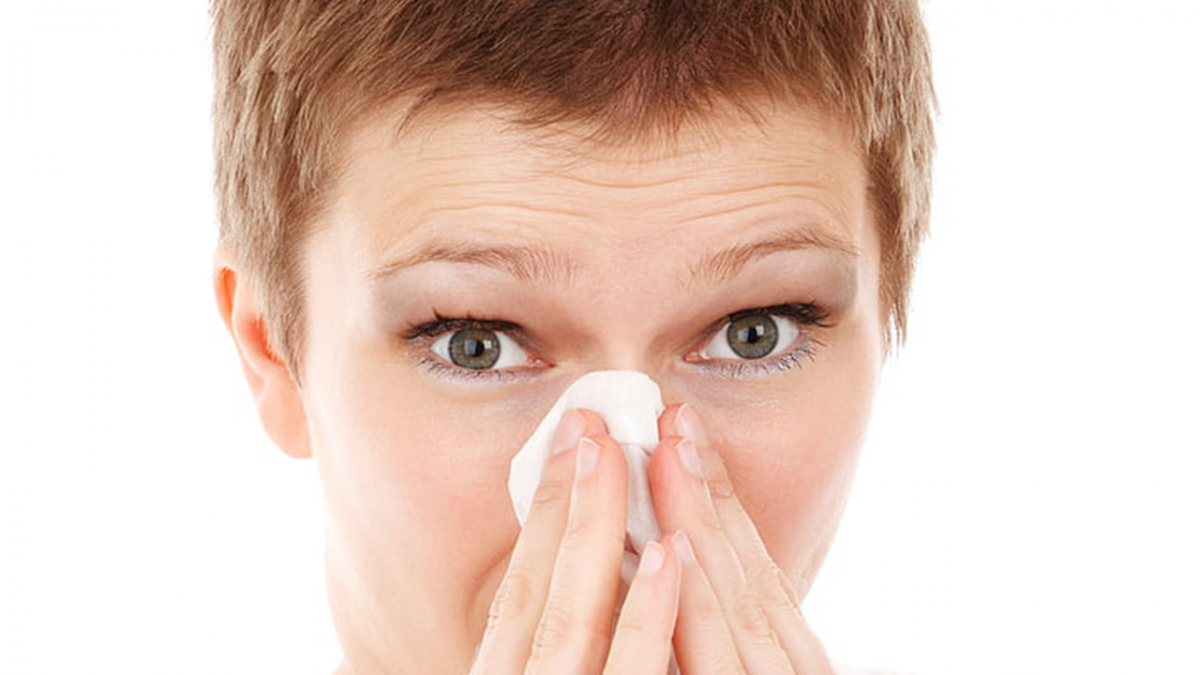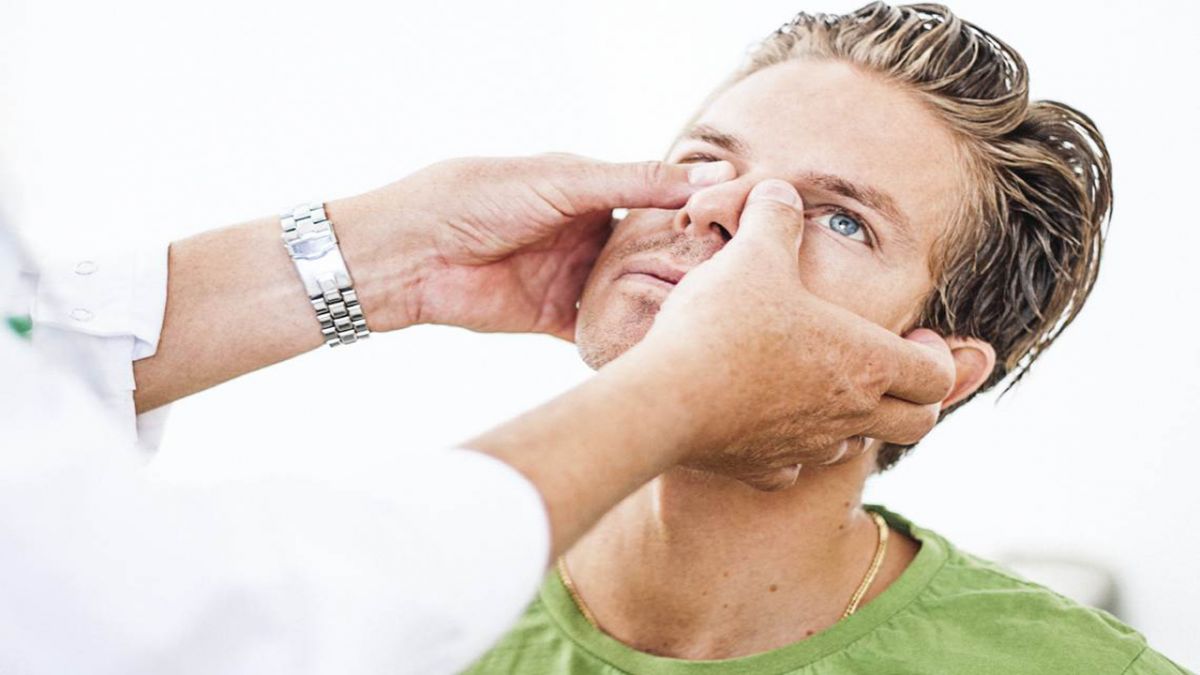Advertisement
The treatment of acute sinusitis should comprehensively consider the patient's symptoms and underlying causes, with an initial focus on effective measures to alleviate local symptoms. Patients typically present with nasal congestion, purulent nasal discharge, facial pain, and fever. In such cases, using decongestants can help relieve nasal blockage, improve ventilation, and facilitate drainage, thereby promoting the rapid resolution of inflammation. Additionally, for patients with bacterial infections, timely administration of sensitive antibiotics is essential to control disease progression; for sinusitis triggered by allergic factors, nasal corticosteroids and antihistamines can be employed for treatment.

If sinusitis is of dental origin, in addition to controlling local inflammation, patients should work closely with dental specialists to ensure the complete treatment of the affected teeth and, if necessary, consider extraction to eliminate the source of inflammation. After the acute phase, patients may benefit from nasal irrigation to clear nasal secretions and alleviate symptoms, promoting recovery.
Regarding the proper use of medication, patients must heed medical advice when using antibiotics and nasal sprays, particularly regarding antibiotic selection, which should be based on bacterial sensitivity. Common pathogens responsible for sinusitis include Streptococcus pneumoniae, Streptococcus species, and Haemophilus influenzae, so antibiotics that are effective against these bacteria should be prioritized. Furthermore, antibiotic usage must always be guided by a physician, whether domestically or abroad; pharmacies are required to dispense antibiotics only with a doctor’s prescription.
When it comes to using saline solution for nasal irrigation, caution is warranted during the acute phase. If patients experience fever and substantial purulent discharge during the acute period, nasal irrigation should be avoided to prevent potential infection spread. Once the acute phase is under control, methods such as nasal irrigation or saline sprays can further improve nasal conditions and facilitate recovery. Although it is recommended to start using saline solution for irrigation after the acute phase has ended, patients can begin this process whenever acute symptoms, such as fever and systemic symptoms, subside.

The recovery time for acute sinusitis varies among individuals. With timely medication, most patients can expect to alleviate symptoms within one to two weeks. Generally, as long as patients adhere to their medication regimen and follow medical advice, their symptoms will significantly improve, enhancing their quality of life. To prevent recurrence, patients should pay attention to environmental hygiene, engage in regular exercise, boost their immune system, and avoid known allergens. Effective management of acute sinusitis requires close cooperation between patients and healthcare providers, as well as a commitment to adhering to treatment plans.
Advertisement




